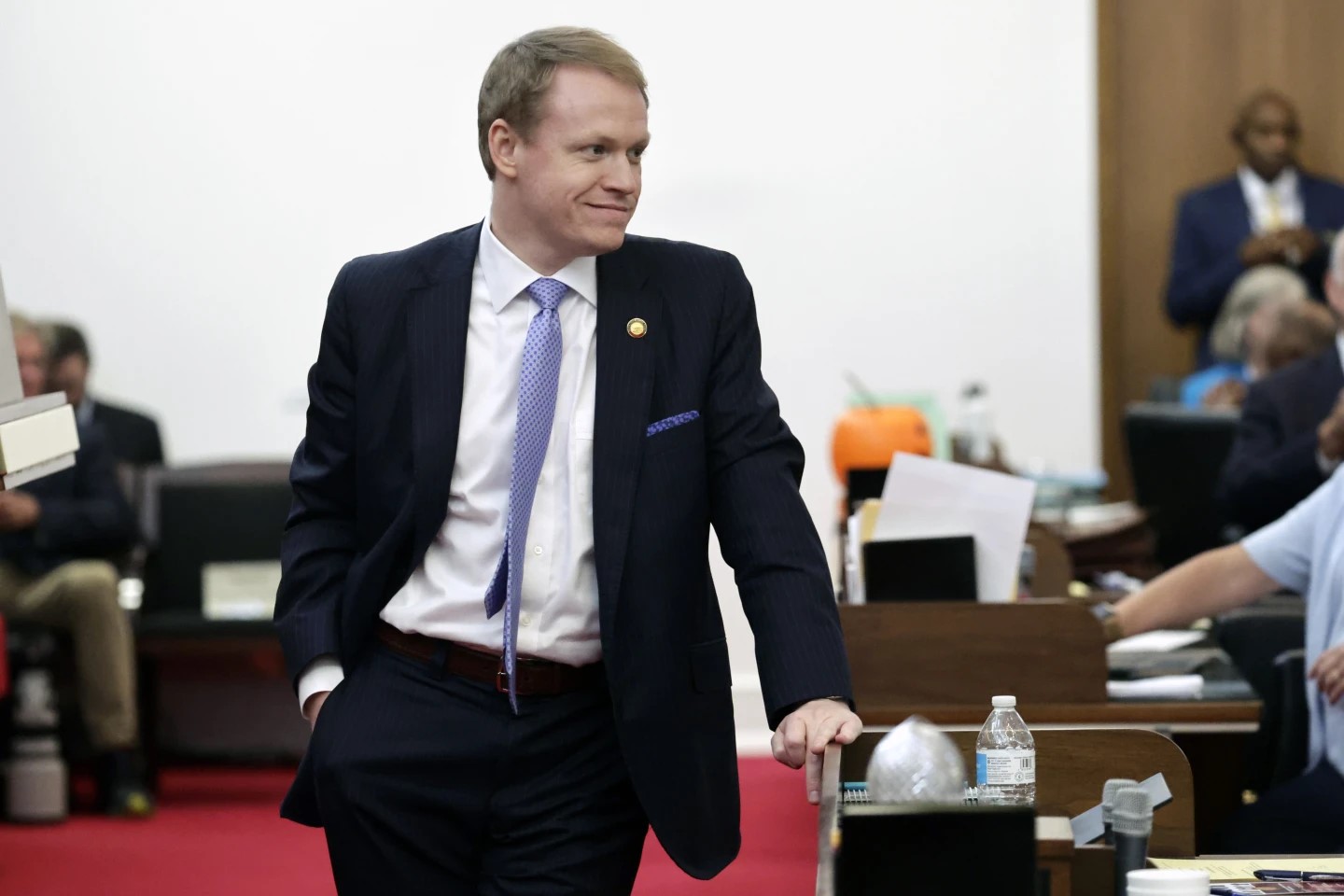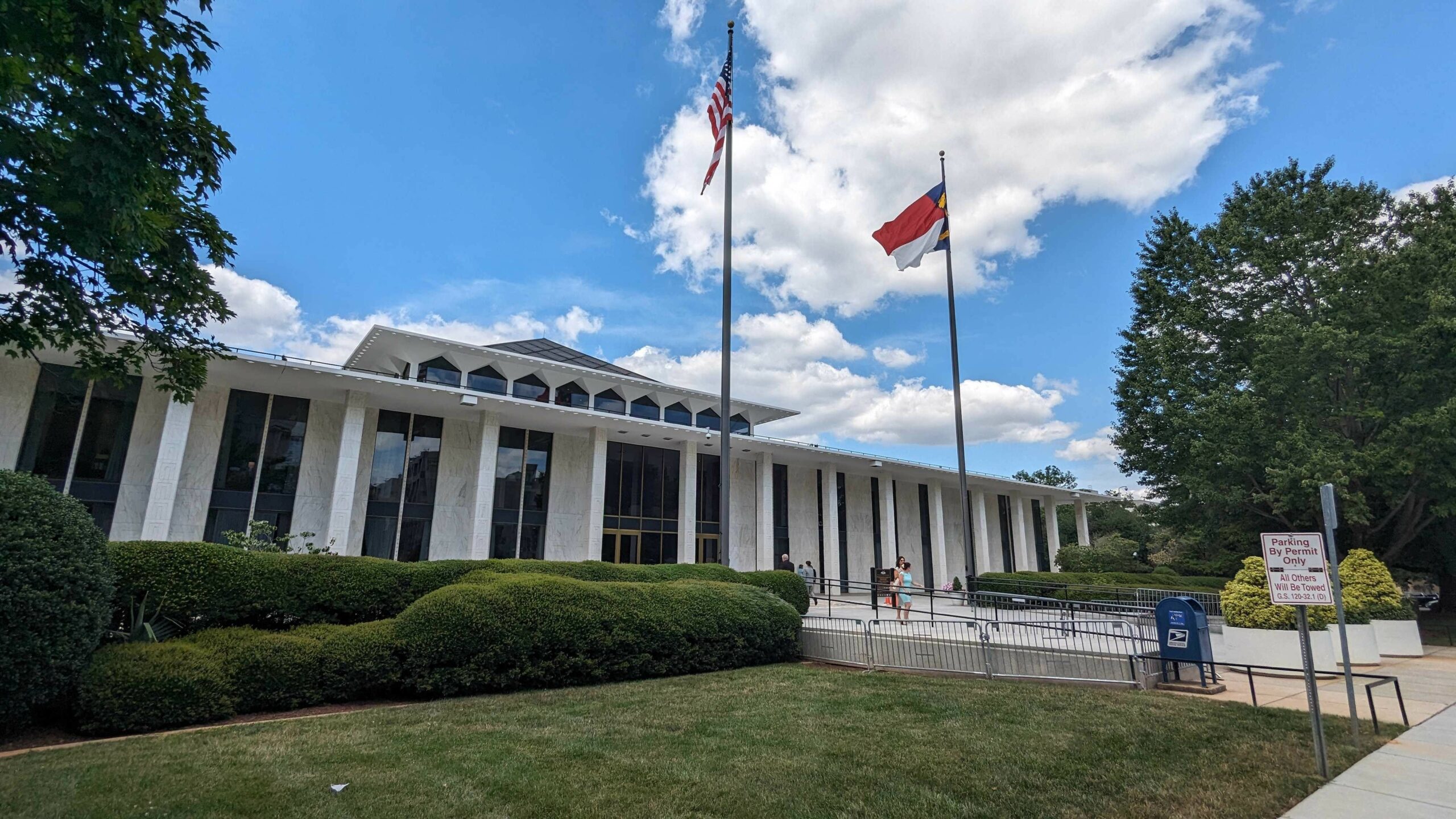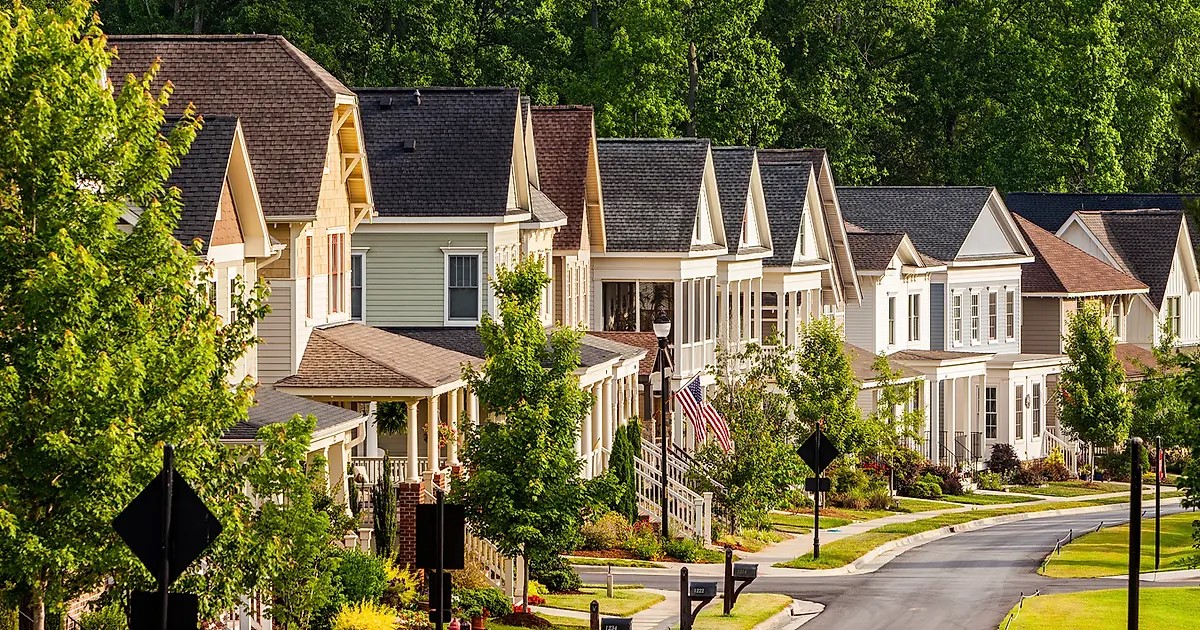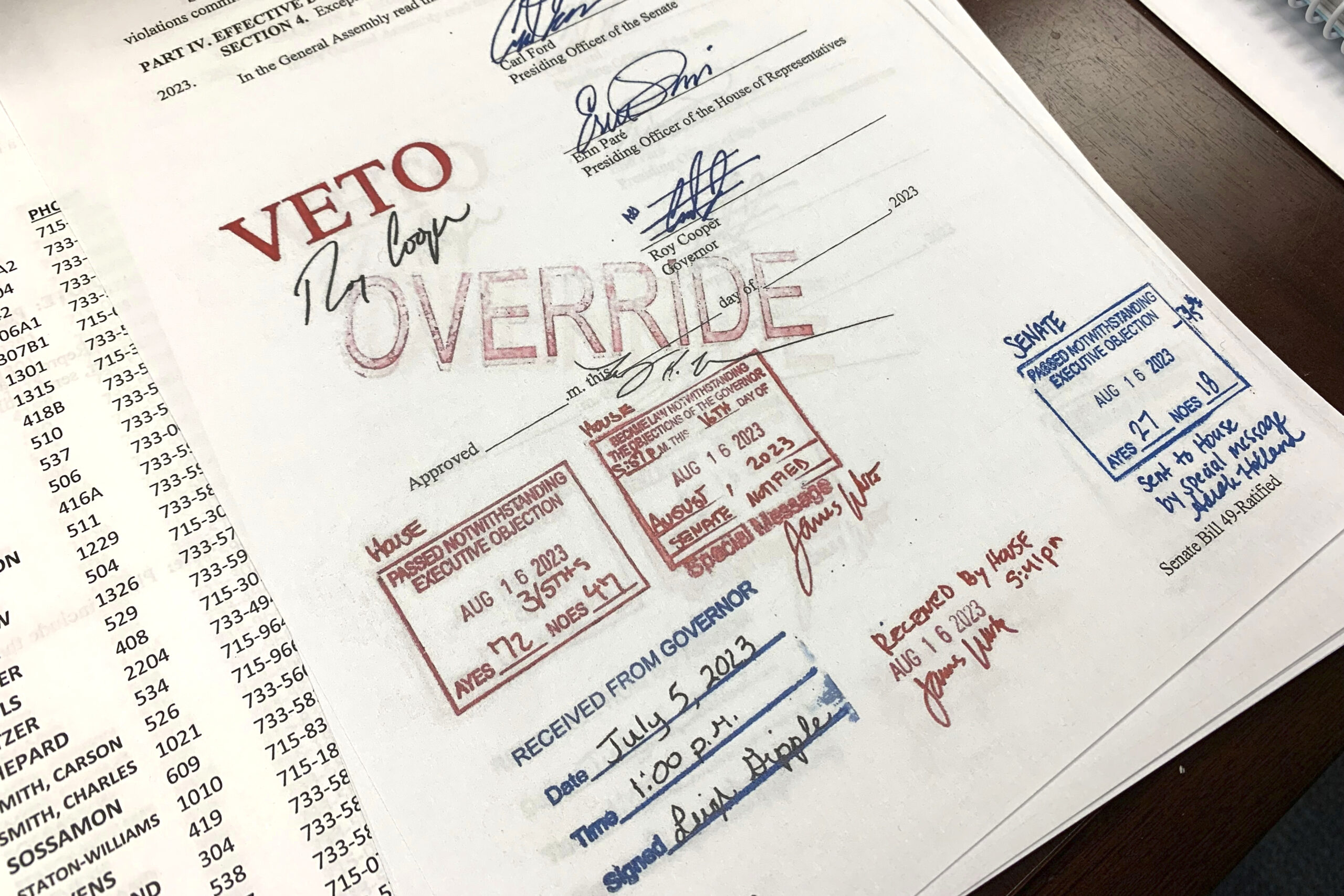According to a report recently issued by the nation’s largest LGBTQ civil rights organization, the Town of Chapel Hill is trailblazing the way forward on LGBTQ inclusion despite the lack of state-level protections.
Each year, the Human Rights Campaign, or HRC, rates cities across the United States based on their initiatives to support LGBTQ communities.
Despite hailing from a state without statewide non-discrimination statutes that explicitly include sexual orientation and gender identity, Chapel Hill earned 86 out of the 100 available points on HRC’s 2020 Municipal Equality Index, or MEI.
The MEI examines how inclusive municipal laws, policies, and services are of LGBTQ people who live and work there. Cities and towns are given points for inclusive programs and policies, such as non-discrimination laws, transgender-inclusive health benefits for employees, inclusive workplaces and LGBTQ liaisons in the executive office.
The average MEI score for cities in North Carolina is 55 out of 100 points, which falls below the national average of 64 – and is a far cry from Chapel Hill’s 86 points. Chapel Hill’s high score sets the town apart to earn one of HRC’s 61 MEI “All-Star” designations. MEI All-Stars are municipalities nationwide that are excelling by advancing LGBTQ equality locally without relying on explicit state-level protections.
Chapel Hill Mayor Pam Hemminger said the town is committed to continuously working on being an inclusive, welcoming and supportive place for everyone.
“The town did a great job, we wanted to really concentrate on this,” said Hemminger. “We met last year and said ‘what do we still need to do’ – because the state still doesn’t have any guidelines here – and ‘what can we do to get a better score but also a better quality of life in Chapel Hill?’”
Hemminger said, while Chapel Hill is leading the charge in creating a more welcoming environment for all, the state as a whole is still behind in the times.
North Carolina is one of 13 states that don’t treat crimes based on gender identity or sexual orientation as hate crimes. The state has limited protections for transgender people, and it only recently outlawed the use of taxpayer dollars for “conversion therapy” practices —which is still legal in the state.
A majority of North Carolinians, however, back new LGBTQ protections in the state. According to a 2019 poll, more than two-thirds of North Carolina voters support laws that protect LGBTQ people from discrimination in jobs, public accommodations, and housing.
Despite the lack of state-level protections, Hemminger said Chapel Hill was able to add eight points to its 2019 score of 78 after making a few improvements to the town’s policies and practices.
“They added a Youth Anti-Bullying program and continued offering trans-inclusive healthcare,” Hemminger said. “We’ve listened, we have the committee now that meets with the [town] manager regularly on different things that need to happen and they keep bringing ideas together and forward, and so putting that voice into town decision-making has been huge.”
In addition to Chapel Hill, the Town of Carrboro also received a successful review of its efforts to promote LGBTQ inclusion. In 2020, the town received its highest ranking to date with a score of 76.
Many Fortune 500 companies rely on the HRC’s annual report as a guide for relocation and expansion, stating that the inclusion of all people helps support a more diverse workforce and provides a high quality of life for all employees.
To see local scores as reported by the HRC, click here.
Chapelboro.com does not charge subscription fees. You can support local journalism and our mission to serve the community. Contribute today – every single dollar matters.









